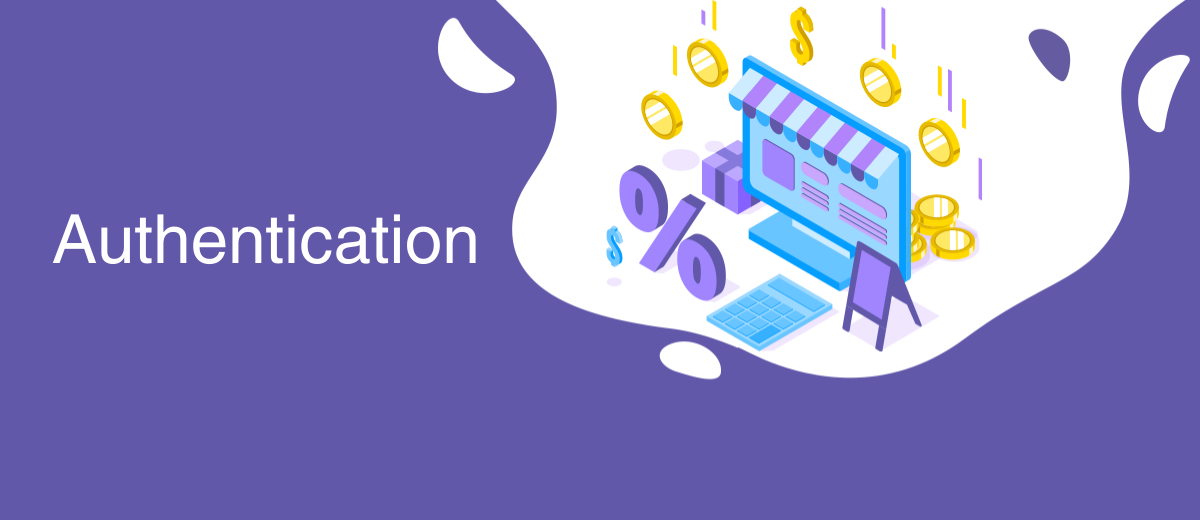Authentication
Authentication is the process of verifying the identity of an individual, device, or system to ensure it is who or what it claims to be. This verification process is essential for maintaining the security and integrity of information systems and digital communications. In the digital world, authentication typically involves the use of unique credentials like usernames, passwords, and tokens to prove one's identity. There are various methods of authentication, which can be broadly categorized into three main types: something you know, something you have, and something you are.
- Something you know: This category involves the use of knowledge-based authentication methods, such as passwords, PINs, and security questions. Users must provide correct answers to verify their identity. This is the most common form of authentication but also the most susceptible to attacks, such as guessing or phishing.
- Something you have: This method relies on a physical object, such as a security token, smart card, or mobile device, to verify one's identity. The object contains unique digital signatures or codes that must be presented to gain access. This type of authentication is considered more secure than knowledge-based methods, as it is more challenging for attackers to obtain the physical object.
- Something you are: Biometric access control authentication methods, such as fingerprints, facial recognition, and iris scanning, fall under this category. This method verifies an individual's identity by comparing unique biological traits. Since biometric traits are difficult to duplicate or steal, this form of authentication is considered highly secure.
Multifactor authentication (MFA) is a security practice that combines two or more of these authentication methods to enhance security. For example, a user may be required to enter a password (something they know) and use a security token (something they have) to access a system. This layered approach reduces the risk of unauthorized access, even if one authentication factor is compromised.


In conclusion, authentication is a crucial aspect of digital security, ensuring that only authorized individuals and systems can access sensitive information or resources. Implementing strong authentication methods and practices is essential for maintaining the integrity and confidentiality of data in the ever-evolving digital landscape.
Back Home eCommerce Encyclopedia
Set up integration without programmers – ApiX-Drive
Articles about marketing, automation and integrations on our Blog

